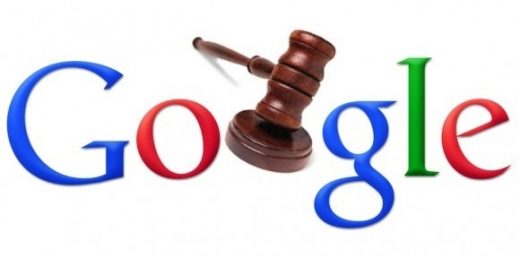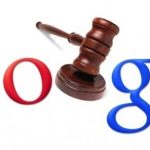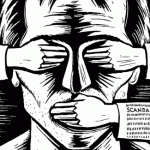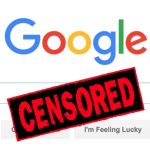Google Asks Judge To Reject Prager University’s ‘Censorship’ Claims
Google Asks Judge To Reject Prager University’s ‘Censorship’ Claims
by
Wendy Davis @wendyndavis, February 13, 2018
Last October, the nonprofit Prager University sued Google’s YouTube for allegedly discriminating against conservative videos by applying the “restricted mode” filter to the school’s videos.
The conservative-leaning Prager alleged that its free speech rights were being violated by Google’s filtering decisions, which effectively made the clips unavailable to some students and library patrons. Prager also alleged that Google wrongly “demonetized” some videos, including ones with titles like “Pakistan: Can Sharia and Freedom Coexist,” and “
Why Isn’t Communism as Hated as Nazism?”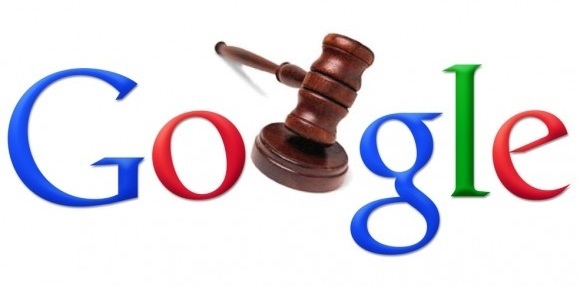
The school sought an injunction requiring Google to change the way it categorizes Prager’s clips.
Now, Google is asking a federal judge to reject Prager’s request, arguing that the school has no right to have its clips displayed in any particular mode on YouTube.
“It is YouTube, not PragerU, whose First Amendment rights are threatened here,” Google argues in papers filed Friday with U.S. District Court Judge Lucy Koh in San Jose.
“PragerU’s motion is a radical attempt to rewrite the rules governing online services, one that would transform nearly every decision that service providers make about how content may be displayed on their platforms into a constitutional case to be arbitrated by the courts,” Google adds.
The company also notes that the First Amendment prohibits the government from censoring speech — even speech that’s seen as offensive — but doesn’t stop private companies from deciding how to treat content.
“If the First Amendment actually bound private online service providers as it binds the government, those providers would be significantly constrained in their ability to act even against highly offensive or objectionable content,” Google argues. “In such a world, YouTube and other online services would be unable to do the kind of content regulation that the public, including governments, civil society groups, parents, and other Internet users, clearly expects, such as removing nudity, personal attacks, racist language, depictions of violence, terrorist propaganda, and many other forms of objectionable content.”
Koh is expected to hold a hearing in the case on March 15.
MediaPost.com: Search Marketing Daily
(30)

